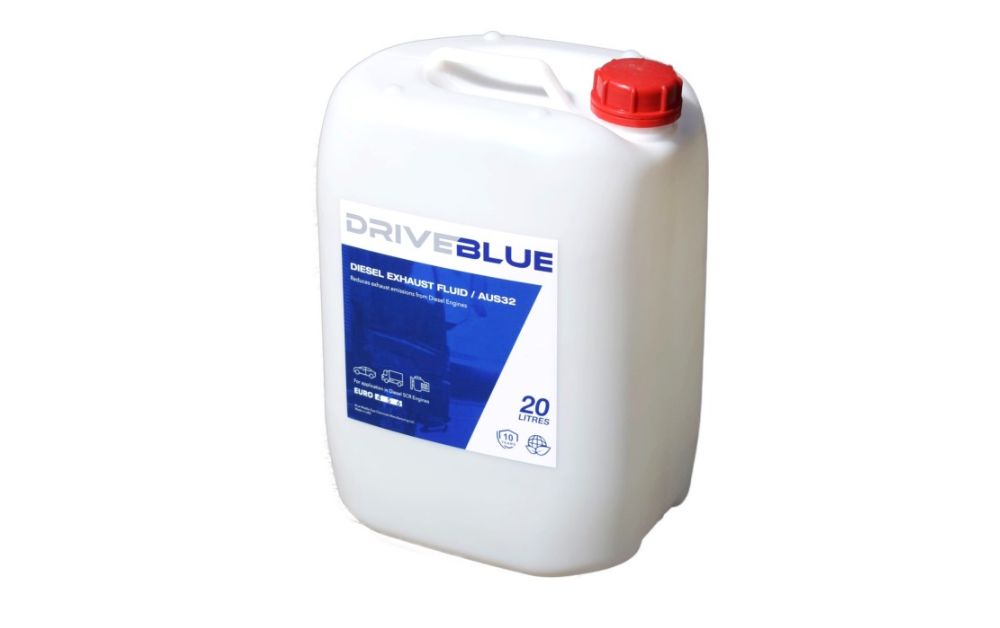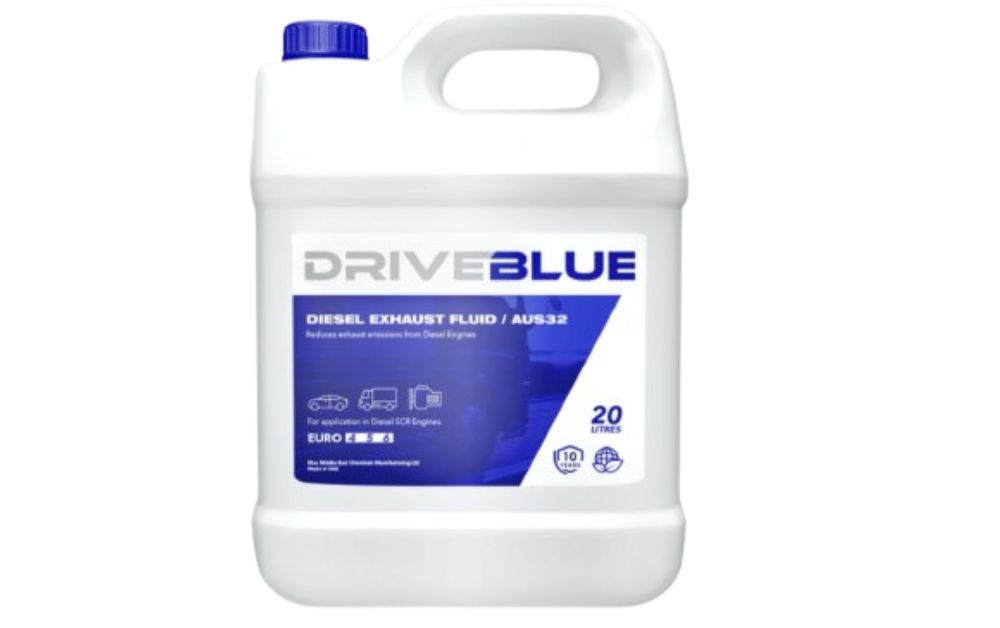With further tightening of global emissions standards, diesel engine users are seeking innovative alternatives to enhance performance while showing minimal impact on the environment. The blue additive for diesel engines, popularly known as Diesel Exhaust Fluid (DEF), has been the most practical method to optimize diesel engine performance and minimize harmful emissions. This specially formulated additive, a blend of ultra-pure urea and deionized water, has been applied in modern diesel technology to enable modern diesel engines to burn cleaner than ever.

What is Blue Additive for Diesel Engines? How is it used?
Called by different names in various areas, including DEF (AUS 32) or AdBlue, the additive is blue. That color additive is not added to the fuel itself but rather directly into the exhaust of diesel engines that are equipped with SCR systems. When the DEF is injected into the exhaust, it causes a chemical reaction that prevents nitrogen oxides (NOx) from being emitted into the atmosphere — major smoggers and acid rain makers. These harmful substances also spur respiratory problems. The SCR system uses the DEF as a catalyst to convert NOx emissions to nitrogen and water.
How does the Blue Additive for Diesel Engine Improve Performance?
- Higher In-Cylinder Efficiency: Since the emission of DEF and SCR systems is controlled in the exhaust, diesel engines do not have to rely as heavily upon internal EGR or recirculating exhaust gas back into the engine to mitigate NOx; this allows the engine to maintain its power and efficiency without losing NOx performance, so the engine runs smoothly with better fuel economy.
- Reduced Fuel Intake: Diesel engines operating on SCR and DEF technologies consume less fuel to produce the same quantity of power, as they do not have to sacrifice efficiency for producing fewer hazardous emissions. This is critically important to businesses reliant on heavy-duty fleets of diesel, as every bit of incremental improvement in fuel efficiency
Translates to very significant cost savings over time.
- Reduced Maintenance Costs: DEF cleans the SCR system and reduces the poisonous deposits that might clog its elements. There would be a lesser buildup of residues, hence fewer maintenance problems and repairs in the long run. This means that the blue additive prolongs the life of the SCR system and eliminates the risks of clogging. Blue addition results in reduced maintenance costs and shorter engine downtimes.
Reduction in Emissions and Implication for blue additive for diesel engines
The best thing about using this blue additive for diesel engines is that reducing emissions can benefit a person in the long run, provided that emission regulations become increasingly tight. Here is how it works:
Huge NOx Reduction: Ammonia from the DEF breaks down inside the SCR catalyst and gets oxidized within the NOx in the exhausts to form nitrogen and water that are emitted without harming the environment. These conversions can cut down NOx by as much as 90 percent, which makes diesel engines meet strict regulations placed on this continent, such as Euro 6 in Europe and EPA Tier 4 in the US.
Cleaner Combustion Process: Since the blue additive focuses on post-combustion emissions, it lets the engine burn fuel at higher efficiency levels without worrying about increased NOx output.
Meeting Sustainability Objectives: For industries that intend to become greener and are making efforts to reduce their carbon footprint, DEF is a solution that is both accessible and efficient in terms of aligning diesel operations with the objective of sustainability. Since it can significantly reduce NOx emissions, companies will be able to operate in compliance standards.

Conclusion
The blue additive for diesel engines, also popularly known as DEF, is an integral part of the mission to meet current standards on emissions and improve the performance of diesel engines. Combining the many benefits associated with a decrease in NOx emissions, better fuel efficiency, and minimum maintenance costs makes this a valuable investment in operating diesel engines. To those companies and industries which have grown to rely on diesel power, DEF symbolizes both material support of operational needs as well as a step into a cleaner, more sustainable future.
